
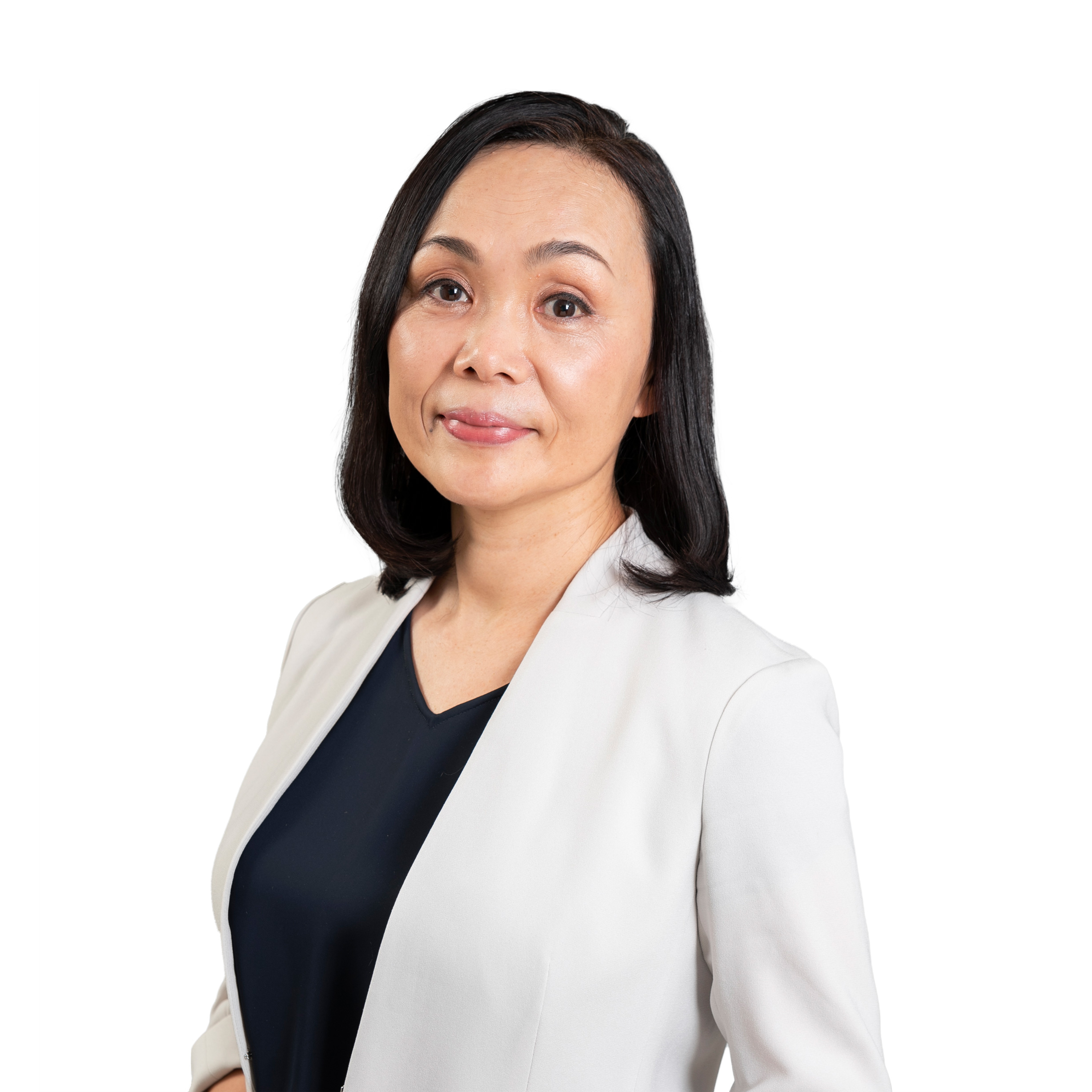
Yuko Kasuya (Principal investigator)
is a professor at the Department of Political Science, the Faculty of Law, Keio University, Tokyo, Japan. Her research interests include regime transition, political institutions, and Southeast Asia (especially the Philippines). She is the author of Presidential Bandwagon: Parties and Party Systems in the Philippines (Anvil, 2008), Comparative Politics (Minerva Publishing, in Japanese, 2014), and the editor of Decolonization and Regime Change in Asia: Historical Origins of Democracy and Dictatorship (Hakusuisha, in Japanese, 2022). She holds a Ph.D. in International Affairs from the University of California, San Diego, an M.A. in Development Studies from the Institute of Social Studies (Netherlands), and a B.A. in Law from Keio University. She is President-Elect of the International Political Science Association from 2023 to 2025, and serves as President of the Japan Association of Comparative Politics (2022-2024).
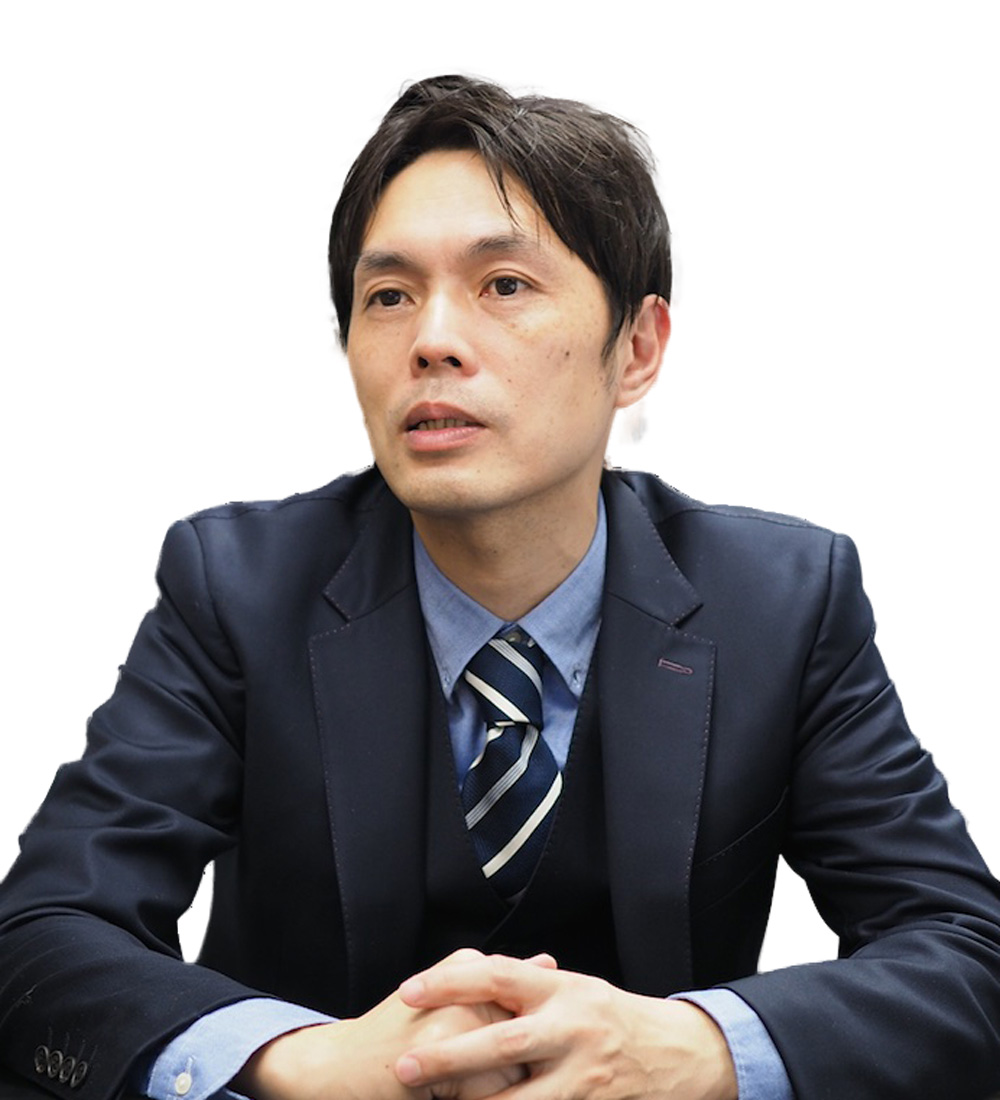
is a professor in the Department of Information and Management Science at the Faculty of Commerce, Otaru University of Commerce, in Hokkaido, Japan. His research interests include natural language processing, information extraction, and table understanding (especially local assembly minutes). He holds a Ph.D. in Engineering from Hokkaido University.
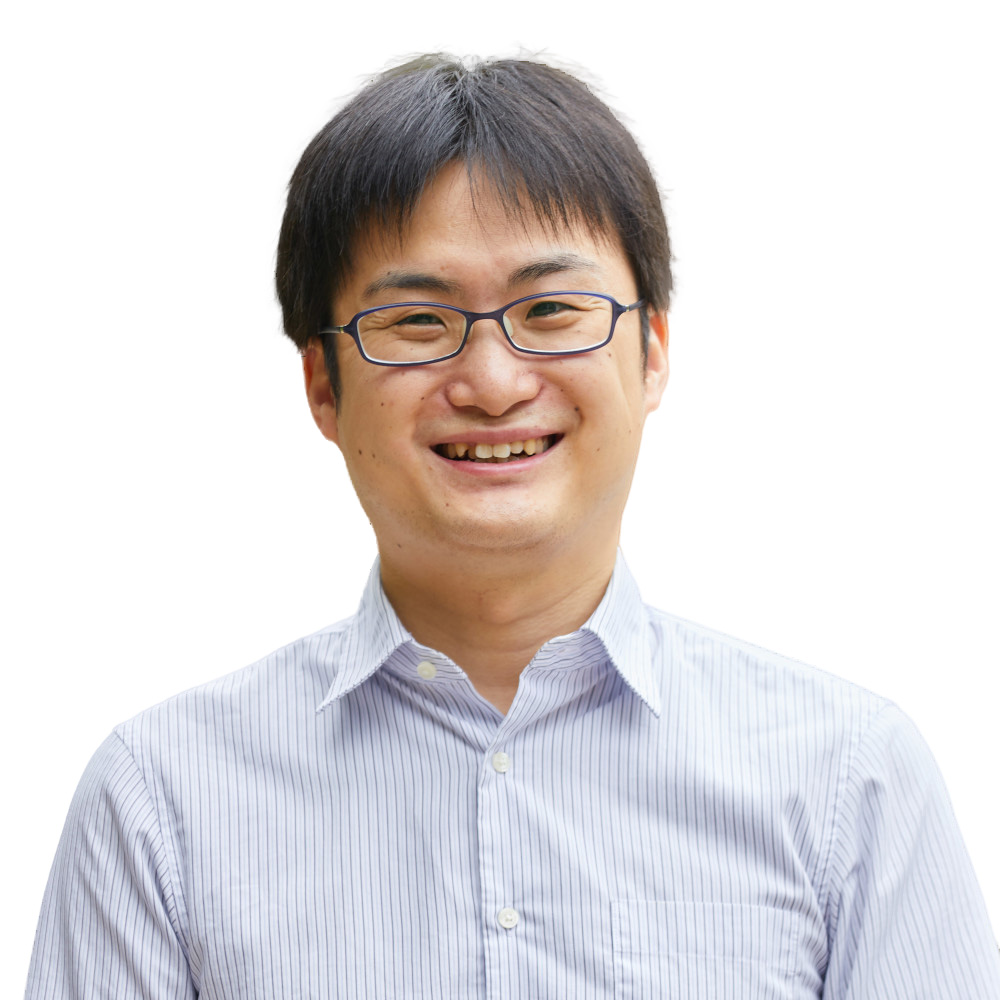
is an associate professor at the Institute of Business Sciences, University of Tsukuba, Tokyo, Japan. His research interests include the science of science, computational social science and natural language processing. He is also the founder of TechTech Inc., which provides a news search engine and others. He received his Ph.D. degree from University of Tsukuba, Japan in 2014.
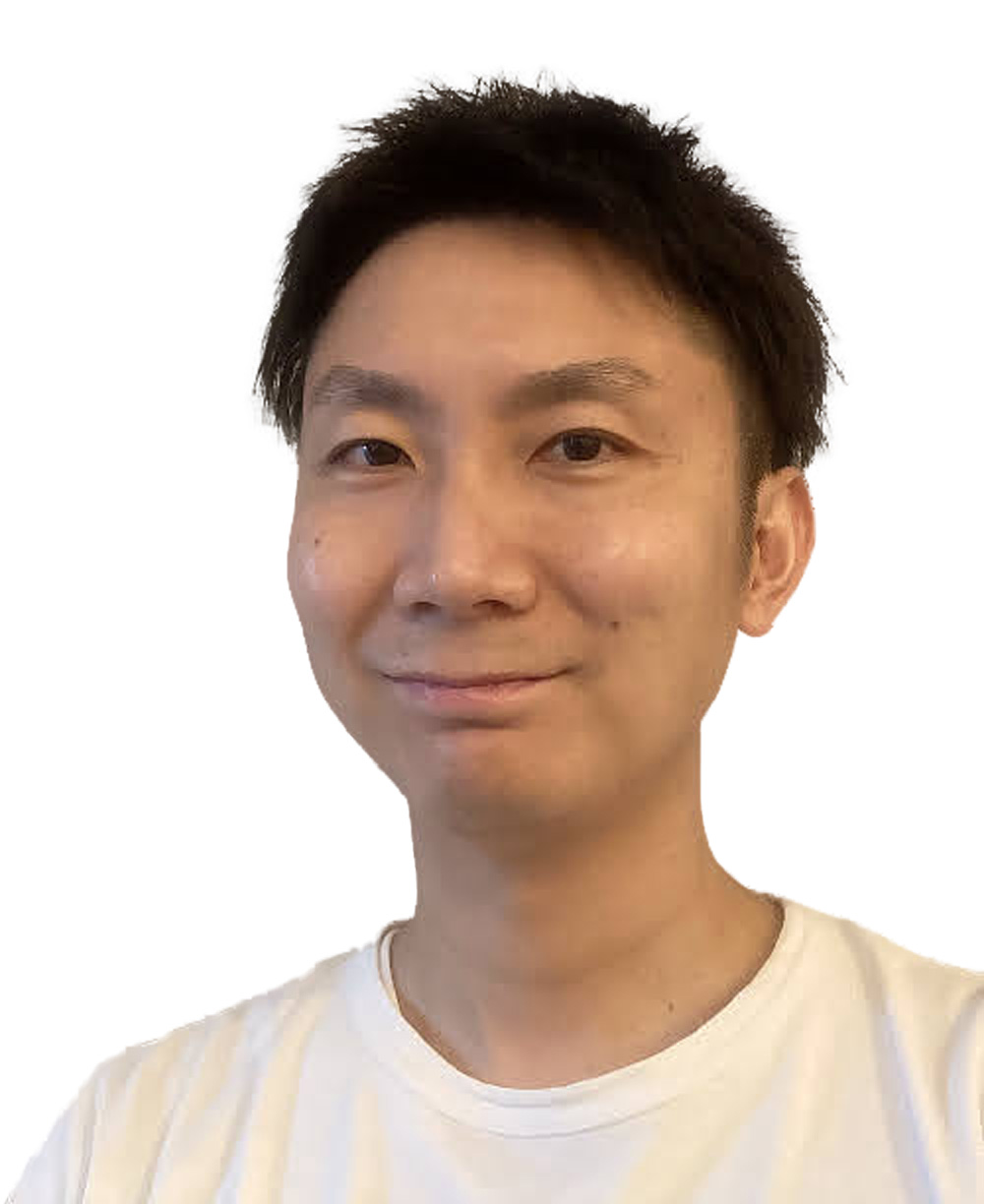
is a data scientist at Teradata Corporation, primarily working in Japan and the Asia Pacific region. He has engaged in analytics and machine learning projects for business organizations in a wide range of industries, including manufacturing, telecommunication, finance and e-commerce. He gave a speech on the topic of enterprise applications of machine learning at the 2023 Gartner Data Analytics Summit in Tokyo. His research interests include econometrics, machine learning, natural language processing, business intelligence and data engineering. He received a Ph.D in Economics from Yale University in 2014.
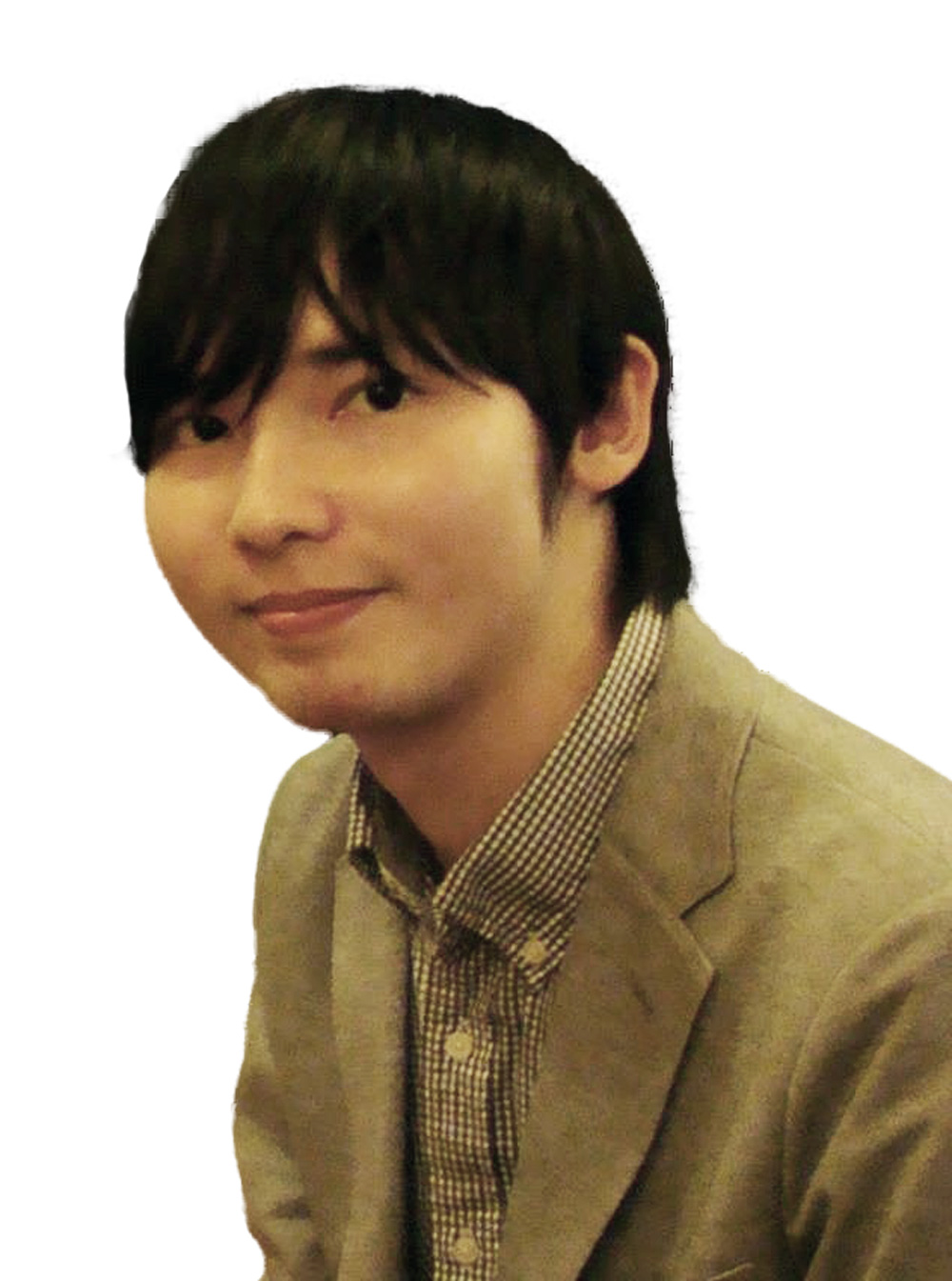
is a Ph.D. student at the Graduate School of Law, Keio University, Japan. He specializes in political science, with a keen interest in Chinese politics and text analysis. He has earned both his M.A. and B.A. in Law from Keio University.
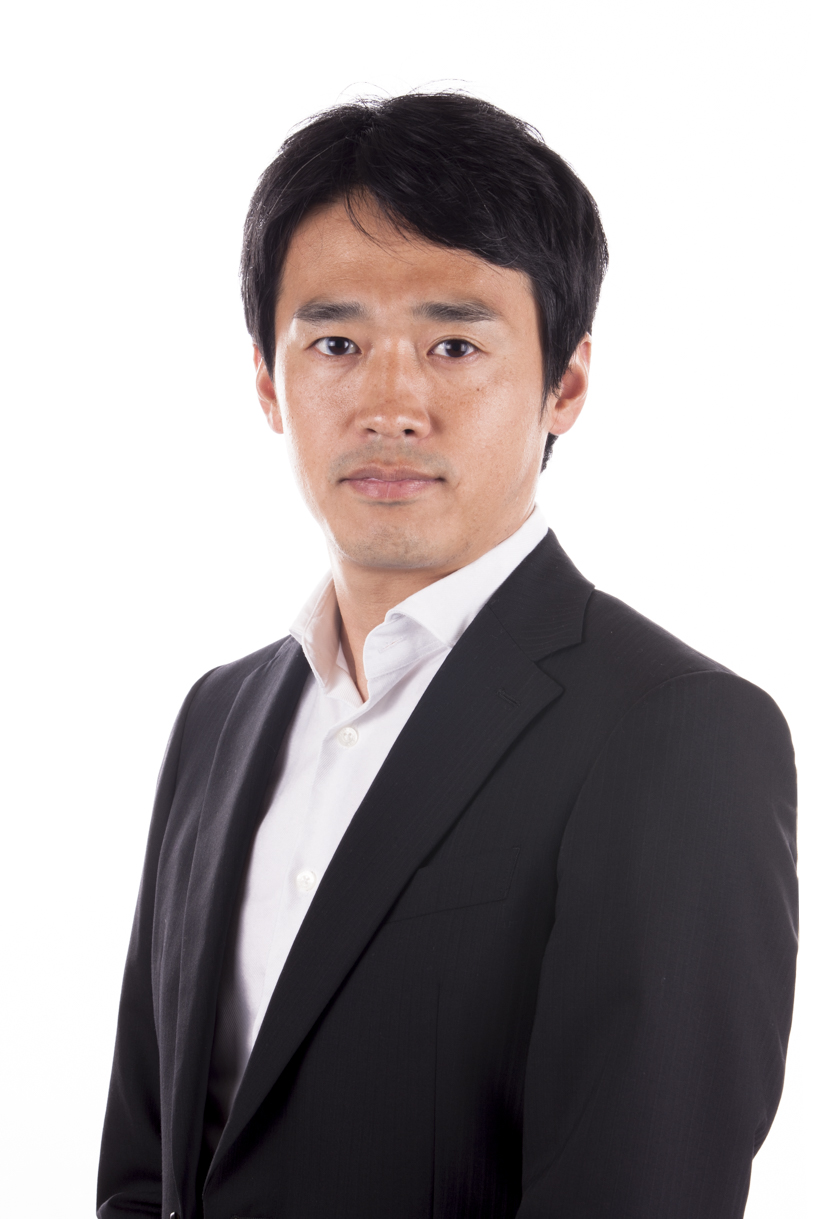
, who holds a Ph.D. in social psychology, is a professor at the School of Political Science and Economics, Waseda University. His research interests are focused on political communication, political psychology, and public opinion in East Asia. His extensive research has been published in prestigious peer-reviewed journals spanning the fields of political science, communication, and psychology. He has been conducting intensive research on the process by which narratives that undermine democracy are disseminated and embraced within democratic societies.
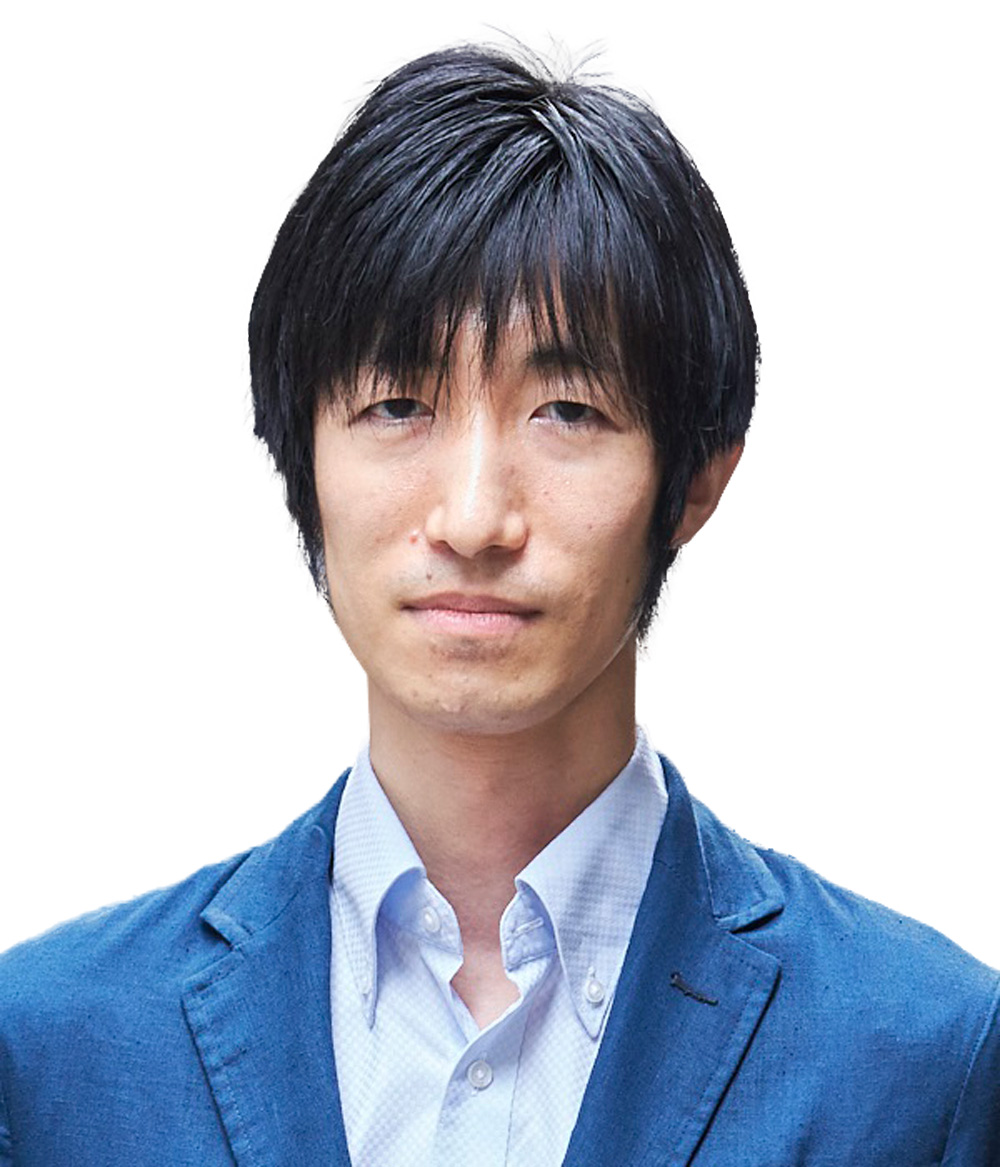
is a professor at the Faculty of Law, Gakushuin University. He received his Ph.D. in political science from the University of Tokyo in 2018. His primary research interests lie in the areas of political behavior (especially, voter ideology, partisanship, and government approval) and ideal point estimation.

is an assistant professor of political science at the Department of Contemporary Social Sciences, College of Humanities and Social Sciences, Ibaraki University. His research interests are public opinion, political psychology, and political communication, with regional focus on the U.S. and East Asia. He received a Ph.D. in Government from Georgetown University in 2022.
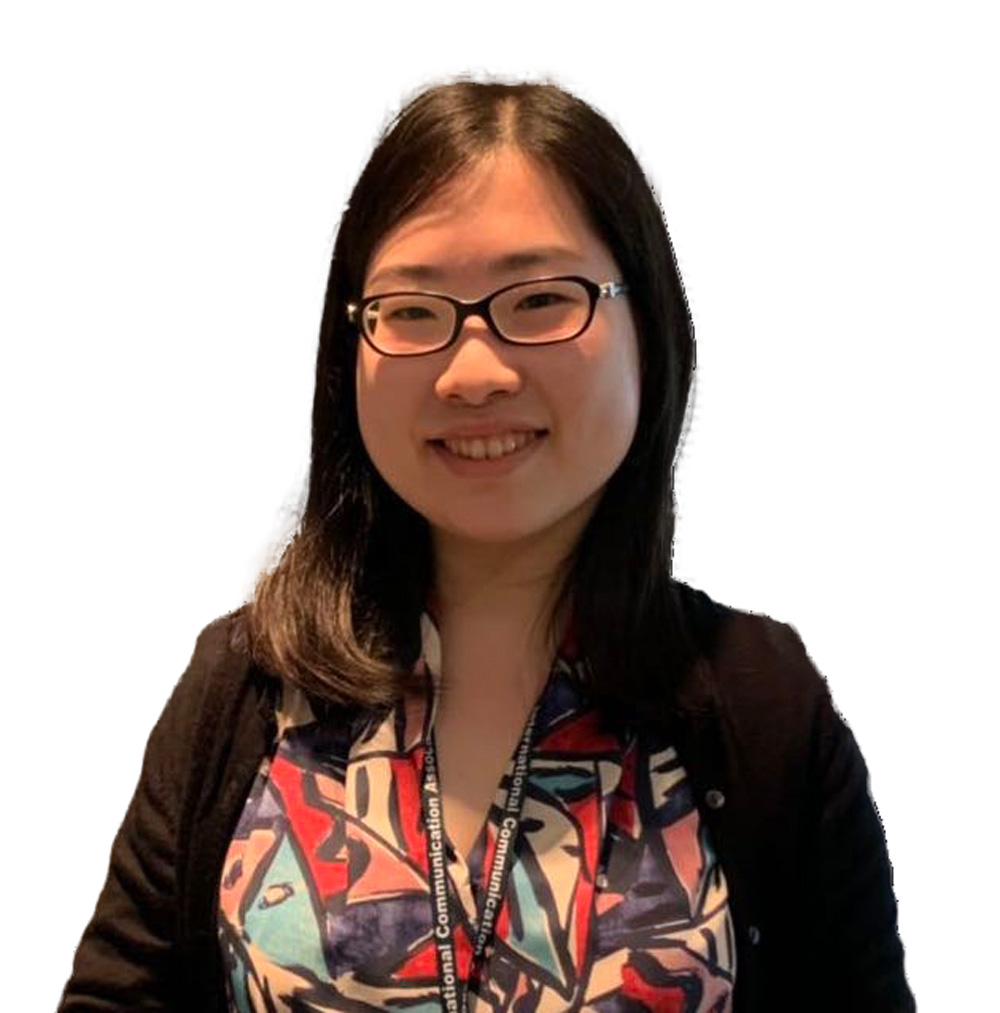
is an assistant professor at the Waseda Institute for Advanced Study, Waseda University. She received her Ph.D. in journalism from Waseda University in 2022. Her research interests are political communication, media psychology and political behavior.
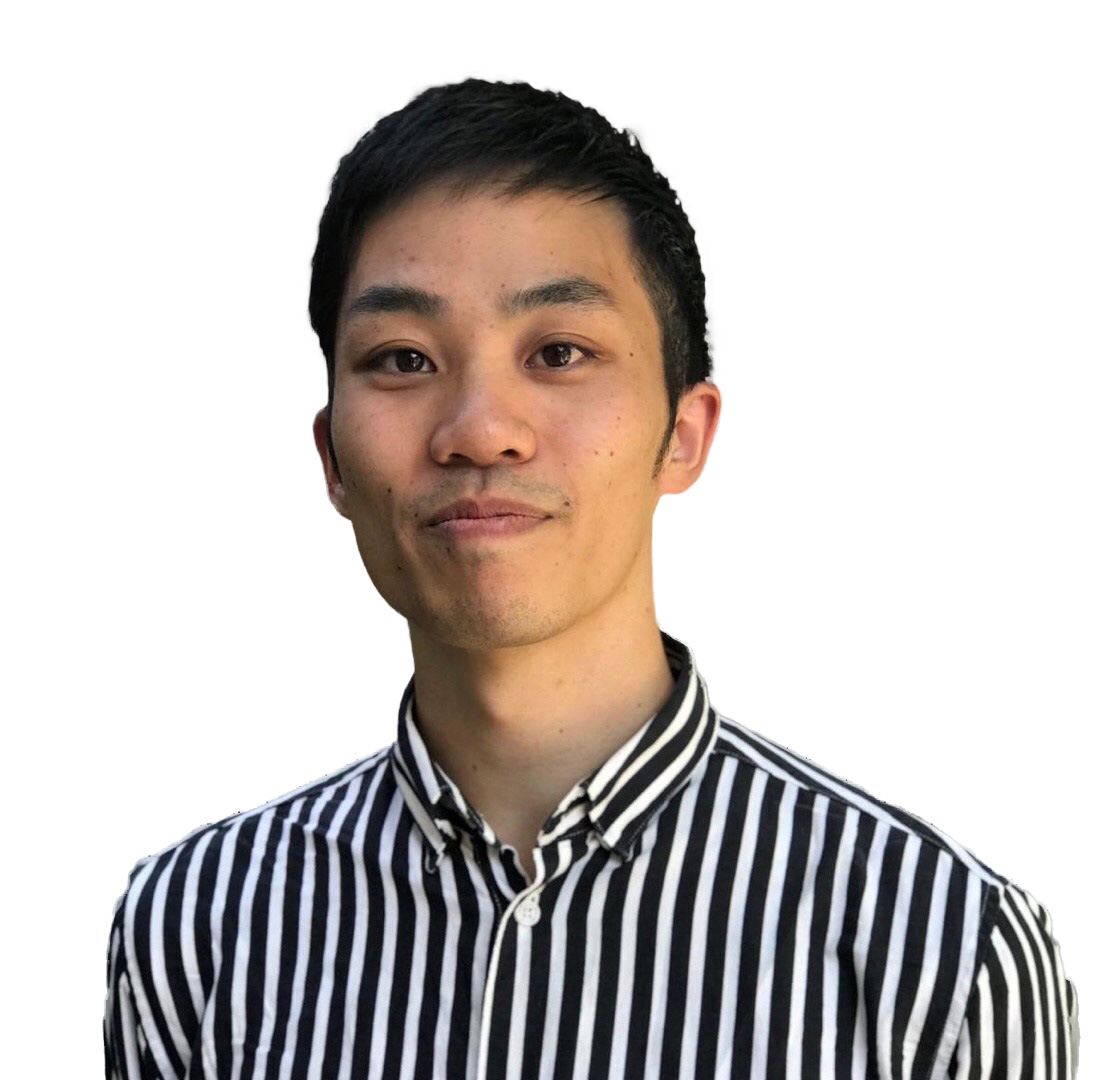
is a Ph.D. student at the Department of Economics, Massachusetts Institute of Technology, Massachusetts, USA. His research interests include Political Economy, International Trade, and Macroeconomics. He holds an M.A. and B.A. in Economics from The University of Tokyo.
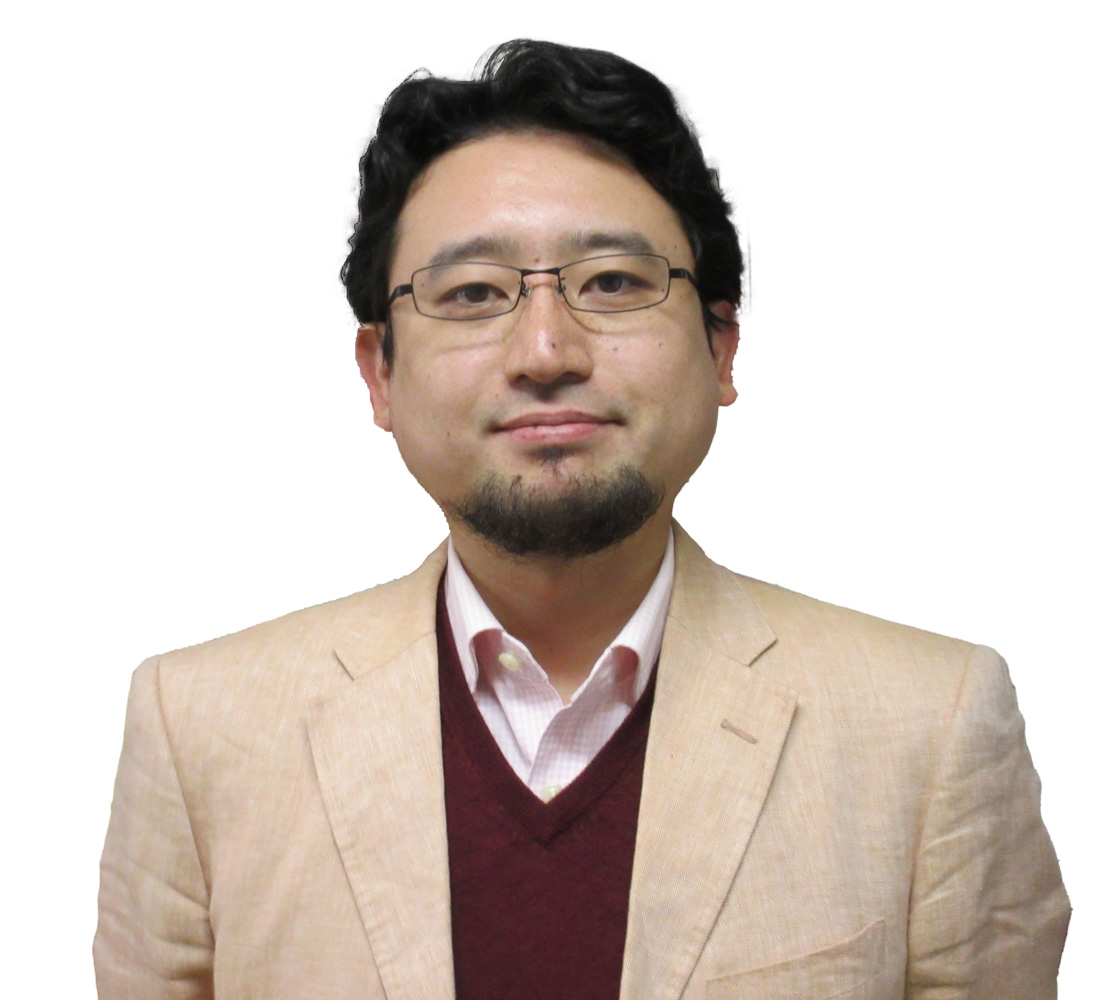
is an Associate Professor of Faculty of Political Science and Economics at Waseda University. Prior to joining Waseda, he was an Economist at IMES, the Bank of Japan. He is a scholar of formal political theory and applied game theory, and his research interests include electoral competitions, legislative bargaining, and economic bubbles. He received his Ph.D. in Economics from the University of Wisconsin-Madison, an M.S. in Economics from Hitotsubashi University, and a B.A. in Economics from Keio University.
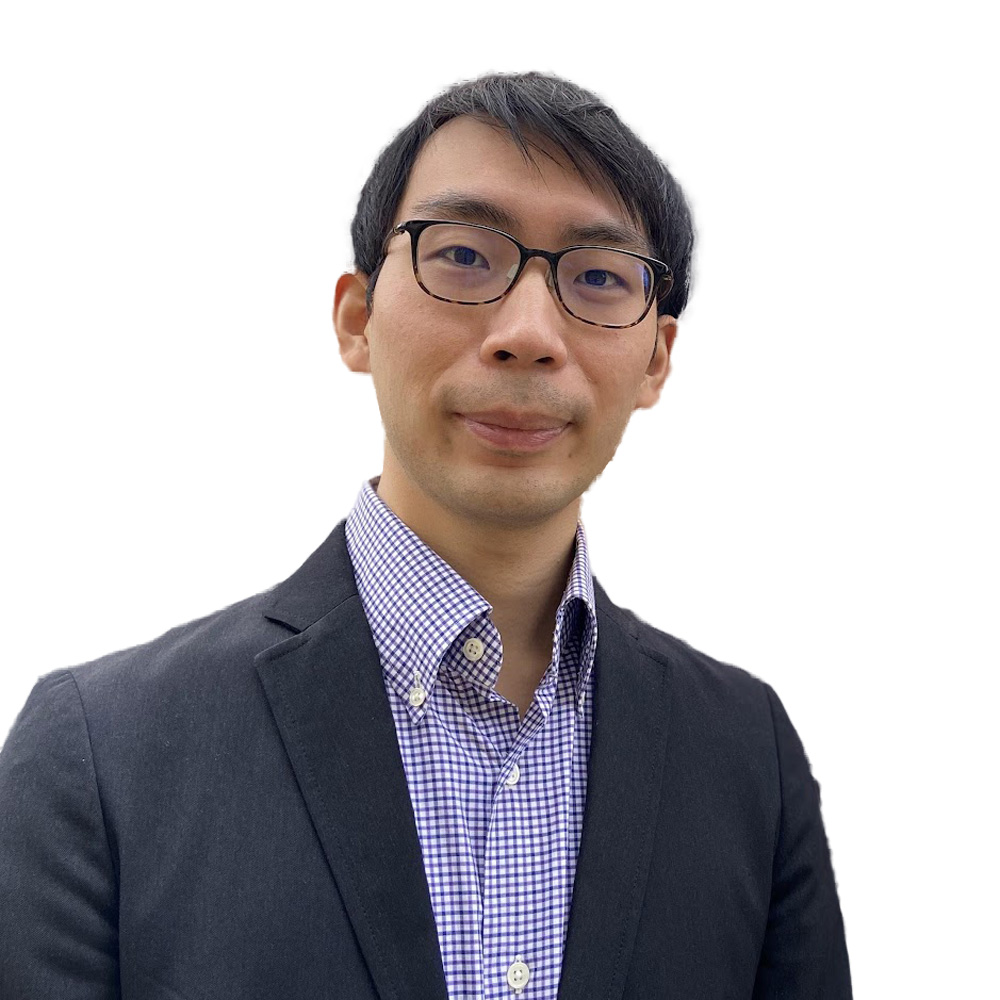
is a junior associate professor at the School of Management, Tokyo University of Science, Tokyo, Japan. His primary research interest is game theoretic analysis of representative democracy. Recently, he has been interested in analyzing dysfunction in democracy such as populism, political distrust, and misinformation. His research has been published in peer-reviewed journals in political science as well as in economics. He holds a Ph.D. in economics from the University of Tokyo.
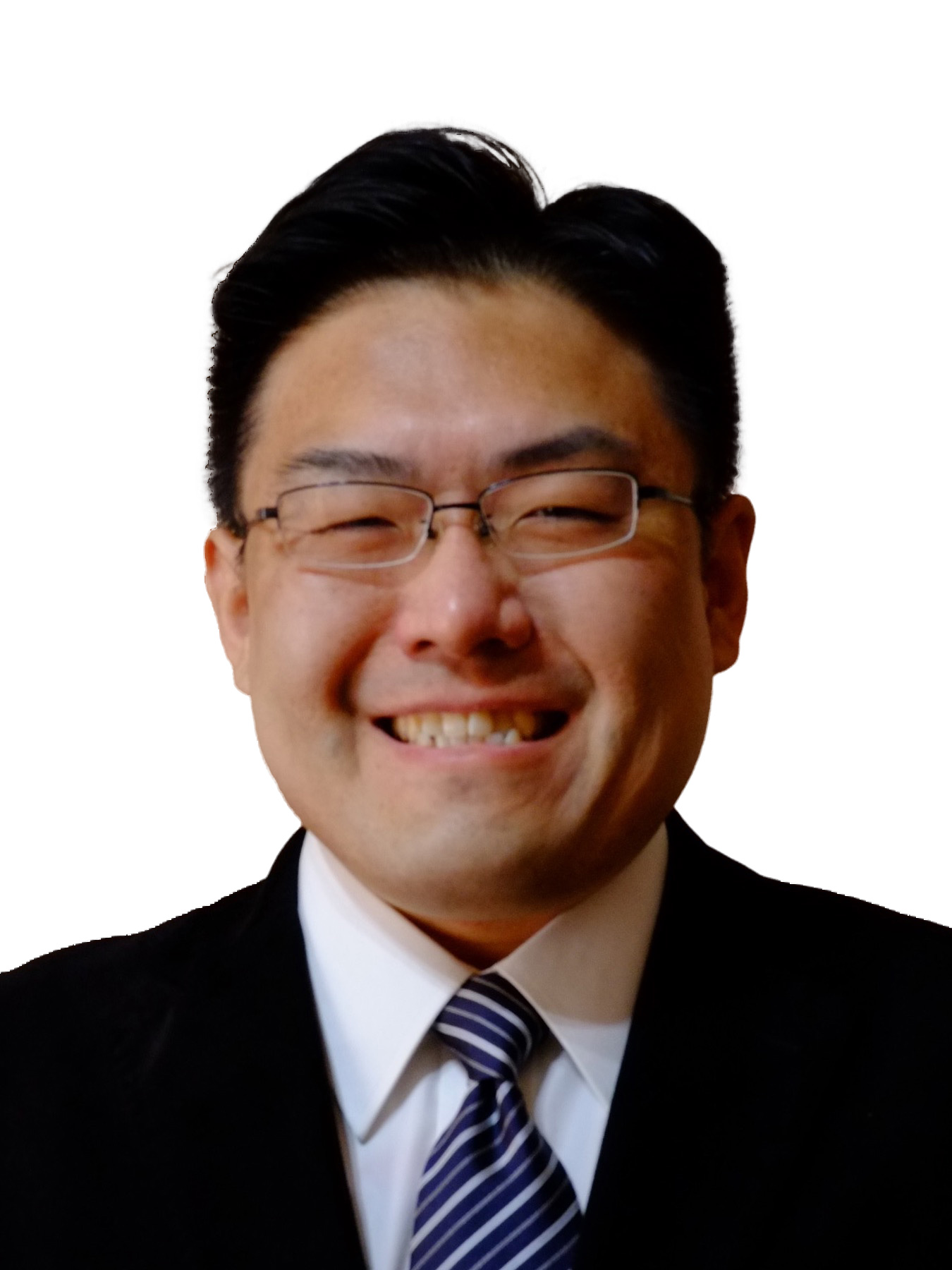
is a professor of jurisprudence at Keio University Faculty of Law in Tokyo, Japan. His research interests are the philosophical basis of legal interpretation, and the effect of information technology on legal / political systems. Finishing LL.B. at the University of Tokyo, he directly joined academia as a research fellow, until moved to Nagoya University Graduate School of Law as an associate professor. After being promoted to full professor in Nagoya, he moved to Keio in 2015. He is the author and co-author of several books in Japanese, including one of the most common textbook on jurisprudence. He has been a member of the executive board of Japan Association of Legal Philosophy from 2009.
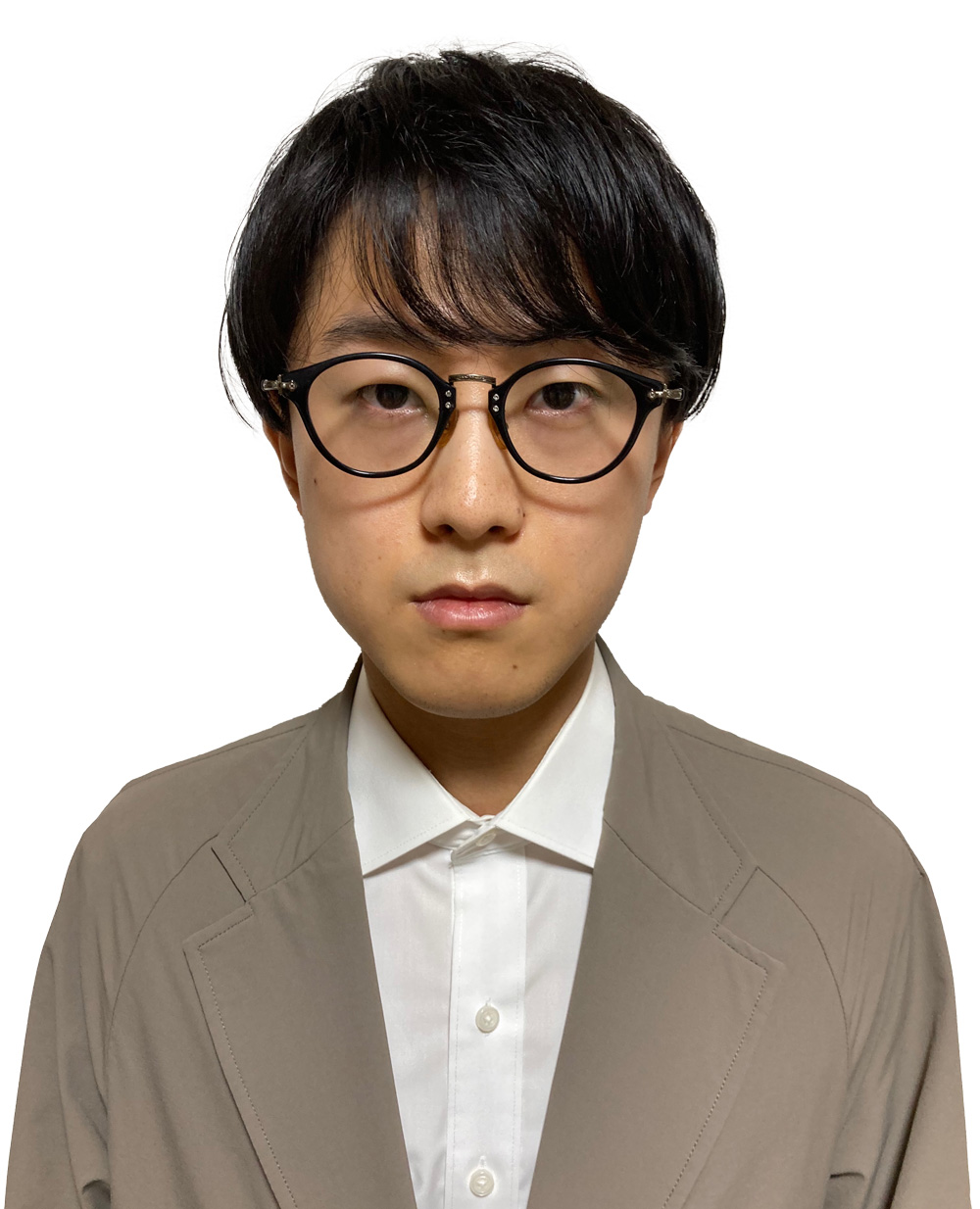
is a Ph.D student at the Graduate School of Economics, Waseda University, Japan. His primary research interests lie in Political Economy and applied Game Theory. He earned M.A. and B.A. in Economics from Waseda University.
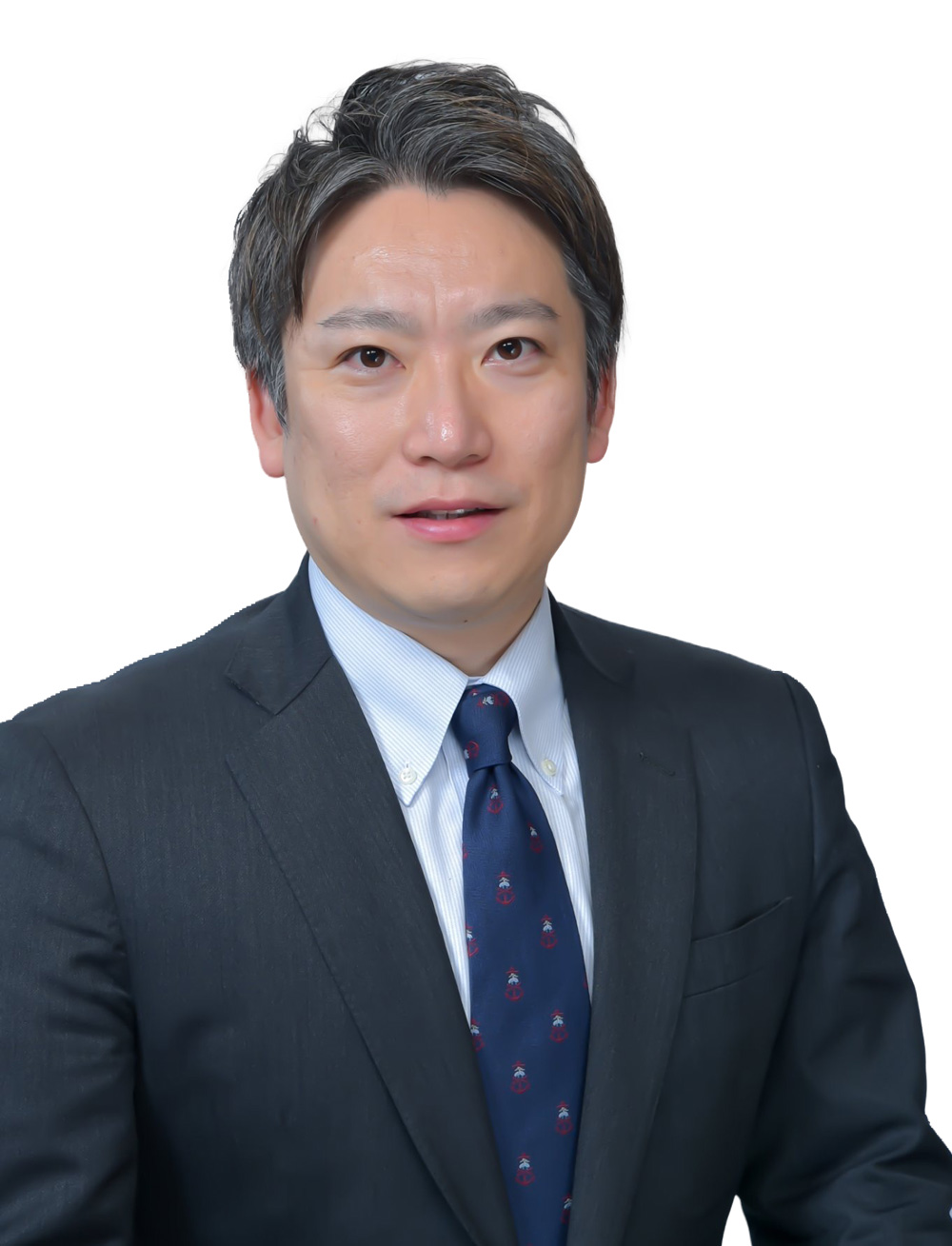
is currently Professor of Keio University Law School. He graduated from the Keio University Faculty of Law and earned a master's degree and Ph.D. from the Keio University law school. He is the deputy director of Keio Global Research Institute (KGRI), the chairperson of the METI “Expert Group on Data Free Flow with Trust” and MIC “Working Group on Improving Literacy for ICT Use to Meet”, a member of the MIC “Study Group on Platform Services” and MIC “Study Group on the Ideal Broadcasting System in the Digital Age.” He is the author of “Scary Big Data,” and “AI and the Constitution,”etc.
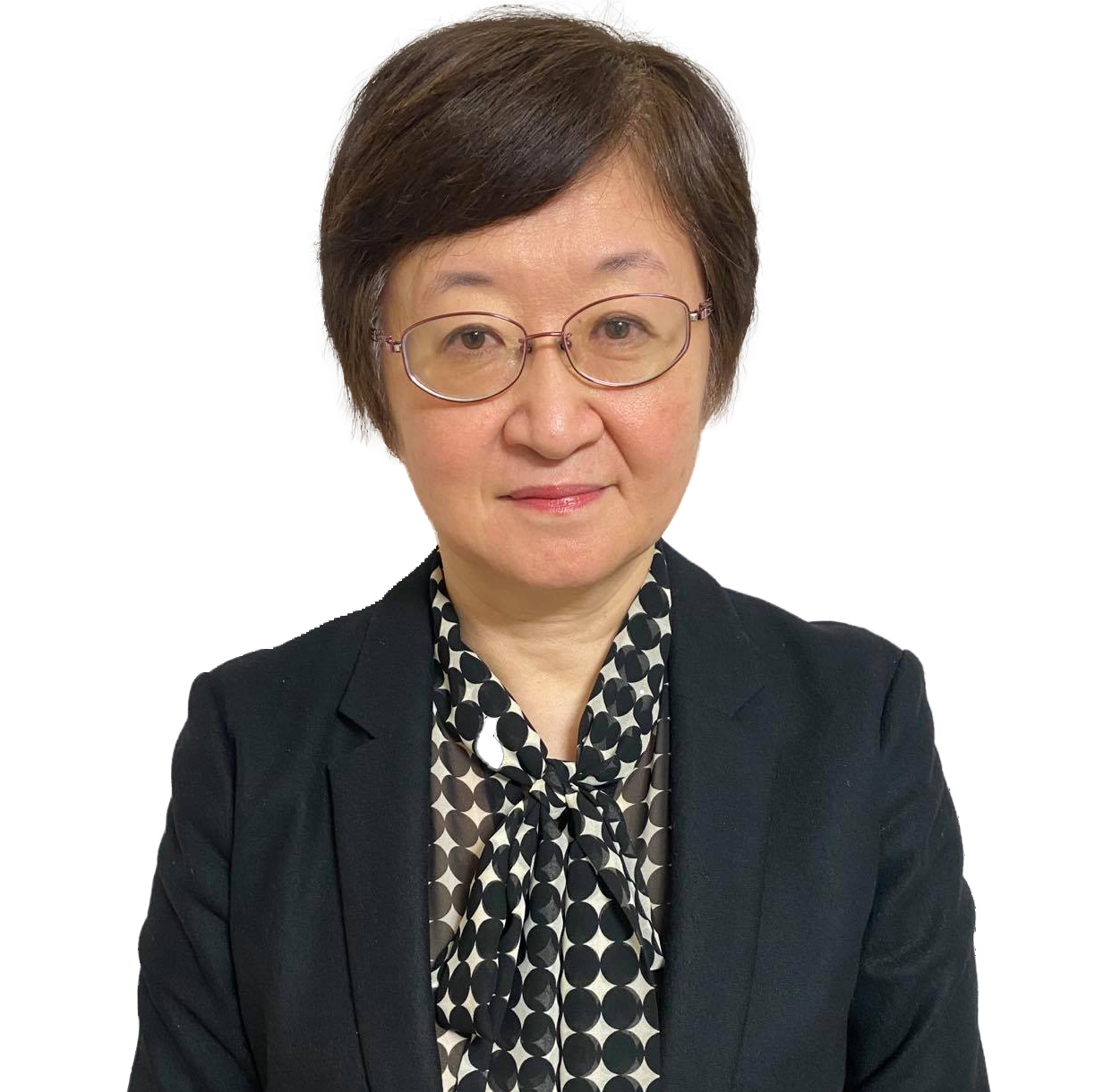
is a professor at the Institute for Journalism, Media & Communication Studies, Keio University. Her research interests include Media Law and Internet Law. She obtained Ph.D in Law from Keio University (December 2001), M.A. in Law from Keio University (1985), B.A. in Law from Keio University. She also studied at the University of Cologne Faculty of Law from 1988 to 1990.
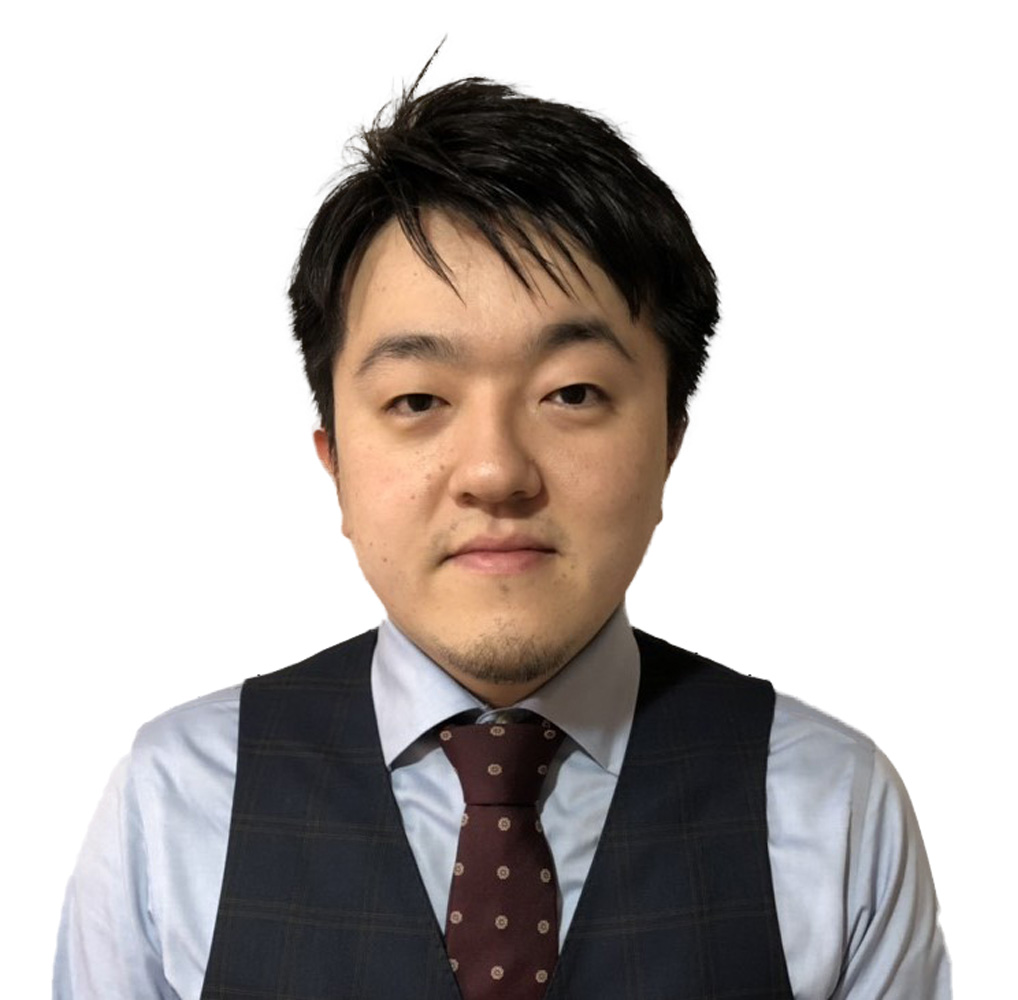
is an associate professor at the Faculty of Sociology, Kansai University in Osaka. He holds a Ph.D in Law from Keio University. His area of expertise is freedom of the press and freedom of expression in the digital media age, with a particular focus on freedom of expression on online platforms.
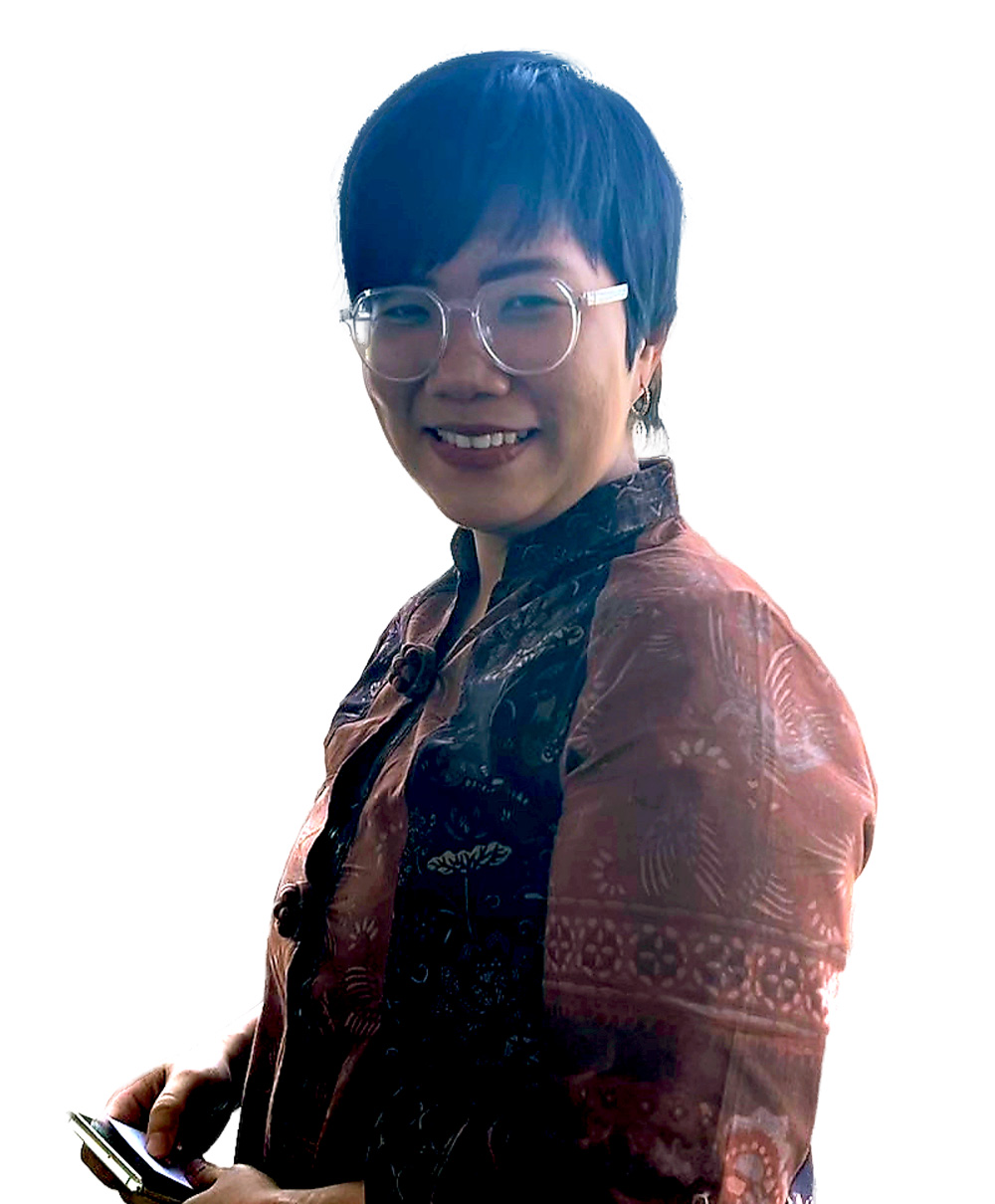
is an independent researcher working on the issues of Internet governance, platform governance, and personal data protection issues. A Data Protection Officer certified by the Association of Data Privacy Professionals Indonesia, Sherly earned her PhD in Communication Studies from the Wee Kim Wee School of Communication and Information, Nanyang Technological University, Singapore in 2019. In collaboration with various national (Indonesia) and international partners, her research has been bridging the global and national debates on the above issues. Her latest piece is the report "Content Moderation and Local Stakeholders in Indonesia" in collaboration with ARTICLE 19, UNESCO, and funded by the European Union. She also actively engages with the policy makers, press, and larger communities.
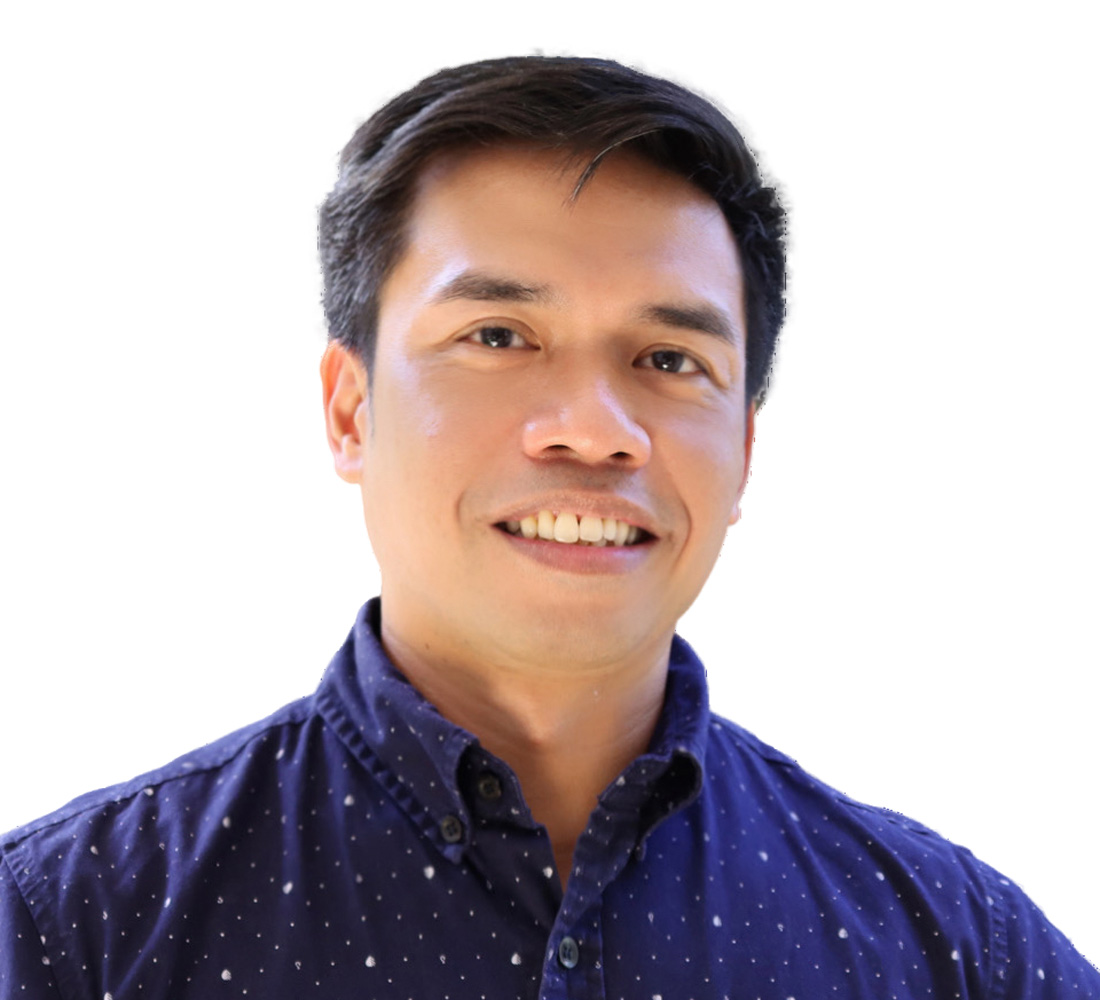
is Professor and Chairperson of the Department of Political Science, University of the Philippines Diliman. His research interests are civil-military relations, comparative democratization, security sector reform, and international relations of Southeast Asia.He is also Editor-in-Chief of Asian Politics & Policy, an academic journal published by Wiley-Blackwell and the Policy Studies Organization. Aries is also a nonresident fellow of the Institute of Southeast Asian Studies-Yusof-Ishak Institute (Singapore) where he manages its Philippines Studies Project. He was a visiting scholar in the Carter Center, Universidad Mayor de San Simón (Bolivia), Chulalongkorn University (Thailand), the University of Sydney (Australia), Jeju Peace Institute (South Korea), the University of Michigan at Ann Arbor, and the National Institute of Defense Studies (Japan). His recent publications on disinformation and social media appeared in the Journal of East Asian Studies & Pacific Affairs.
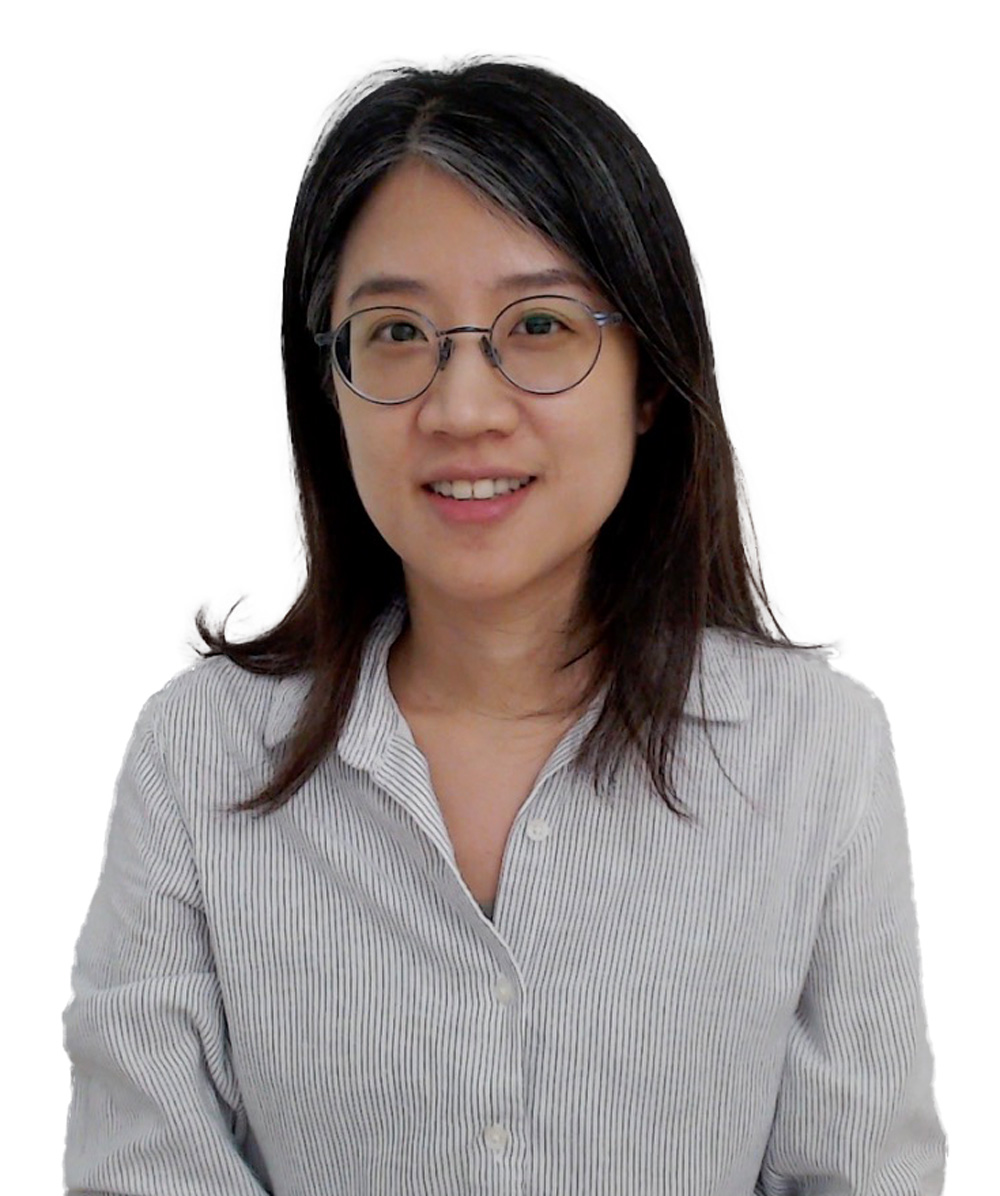
is an Associate Professor at National Cheng Kung University (Taiwan) and received her PhD in Political Science at Duke University. Her research interests center on democratic transitions and sustainability. Prior to joining NCKU, she was a Post-Doctoral Research Fellow with V-Dem. Her research has been published in journals including the British Journal of Political Science, the European Journal of Political Research, Party Politics, and World Development.
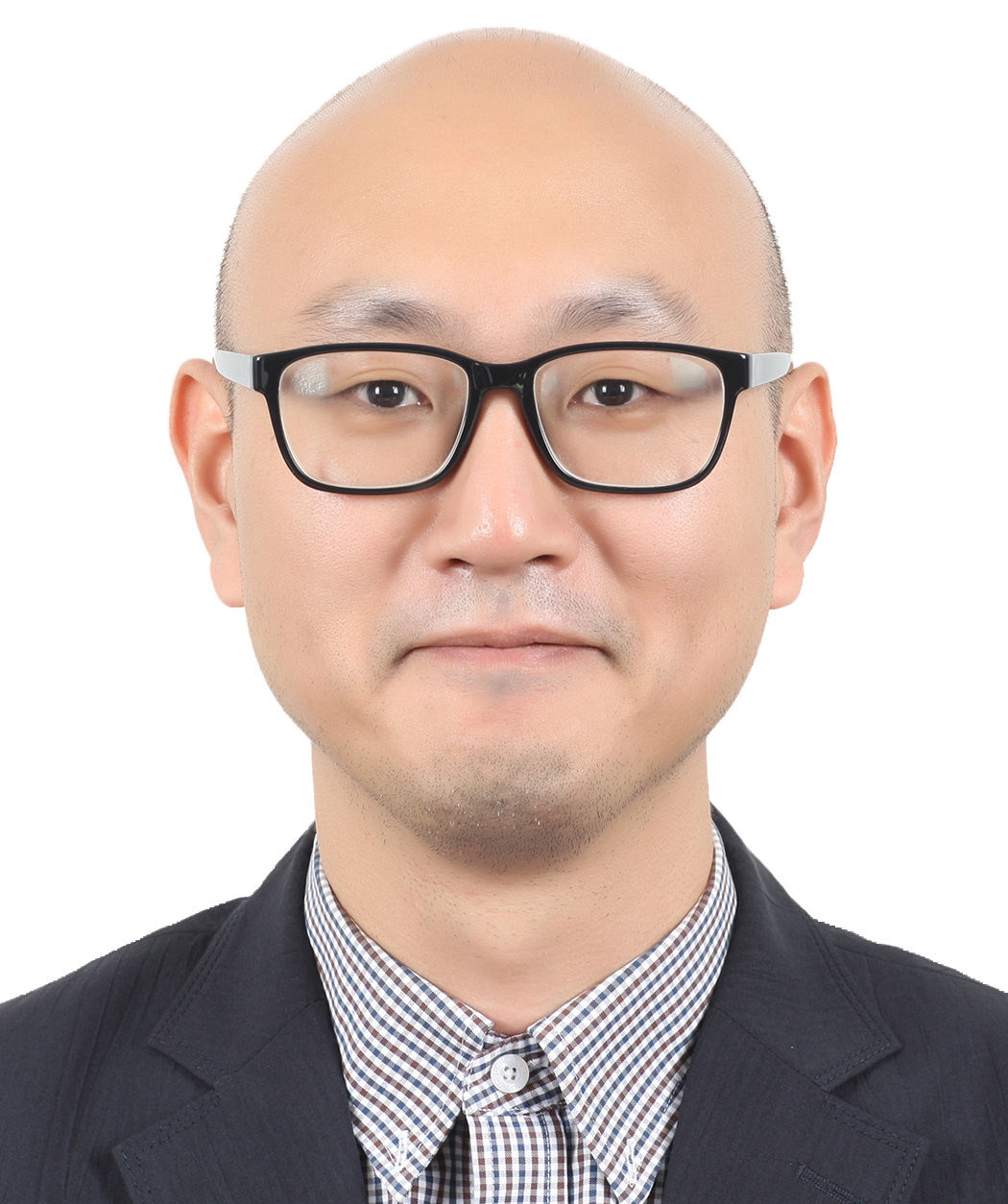
is an associate professor at Dept. of Political Science and International Relations, Kookmin University. He received his PhD from Dept. of Politics, New York University in 2014. He majors in Comparative Political Economy, Political Behavior, Political Psychology, and Experimental Political Science, with the focus on the political impacts of group identity and social norms. He has conducted lab experiments in the United States, Canada, and United Arab Emirates, lab-in-the-field experiments in Lebanon and South Korea, online survey experiments in South Korea, Mexico, United States, and Indonesia, and a field experiment in the Democratic Republic of the Congo. He has published numerous papers in peer-reviewed journals, and the one entitled “Building cooperation among groups in conflict: An experiment on intersectarian cooperation in Lebanon” was published in American Journal of Political Science in 2019.